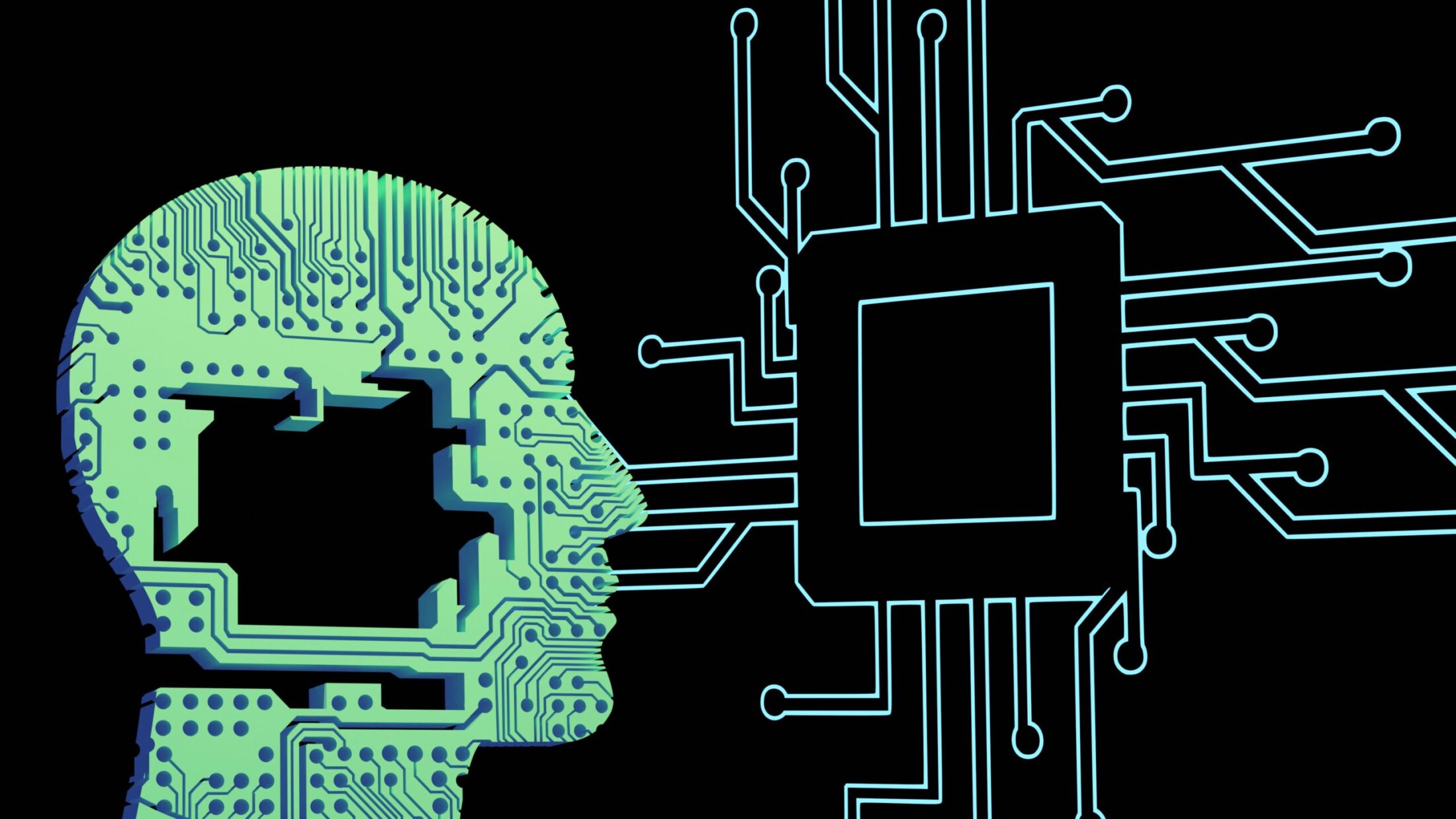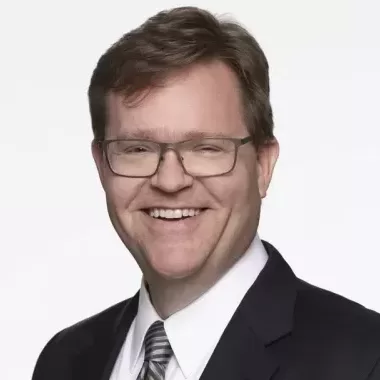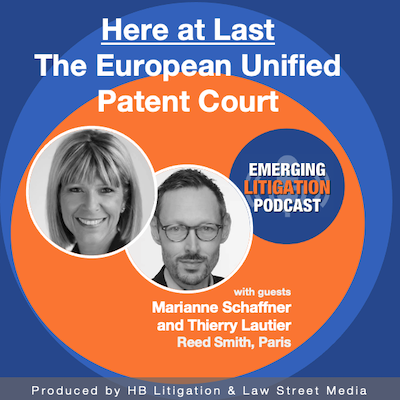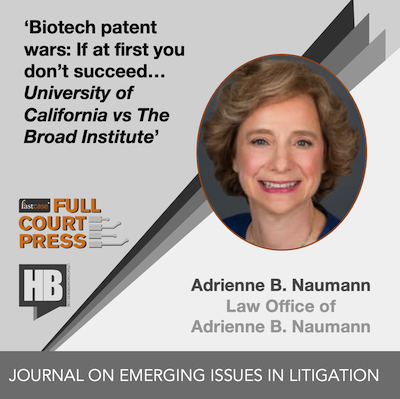Last Days of Patent Eligibility Confusion with Ryan Phelan
In this episode, we discuss the intricate landscape of patent eligibility in the United States, twin patent law decisions from the Supreme Court, and the proposed Patent Eligibility Restoration Act and how -- if passed -- it could unlock new opportunities for innovation amid the challenges posed by judicial exceptions with seasoned patent attorney, Ryan N. Phelan of Marshall Gerstein. Listen now!








